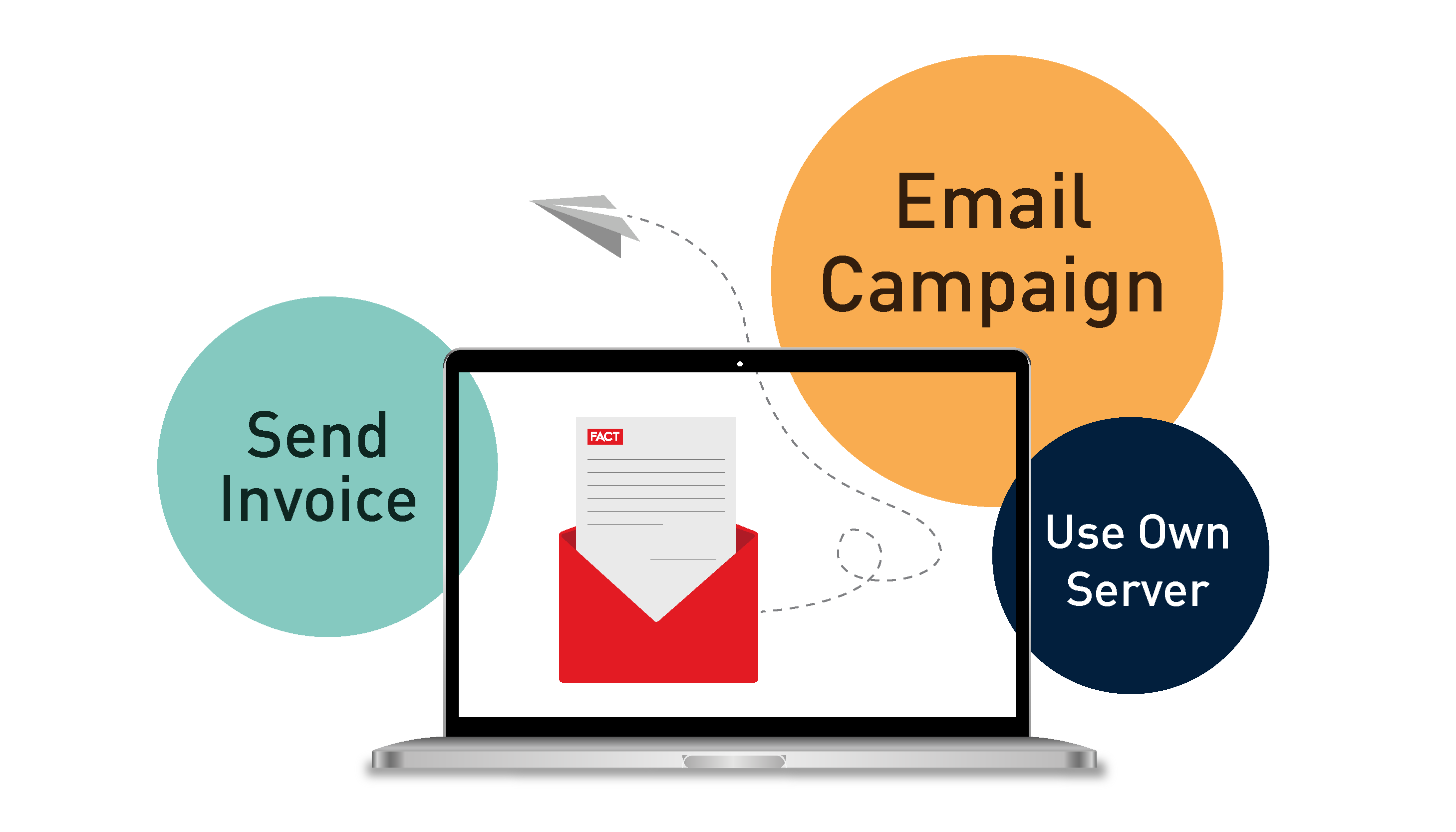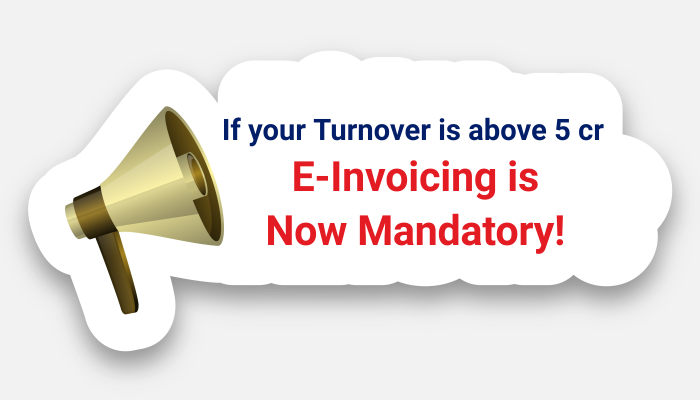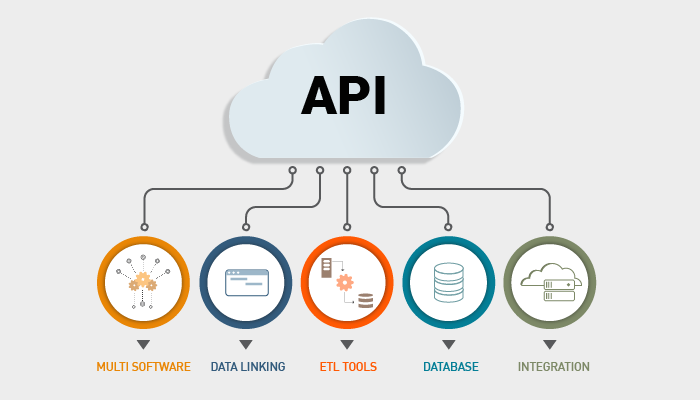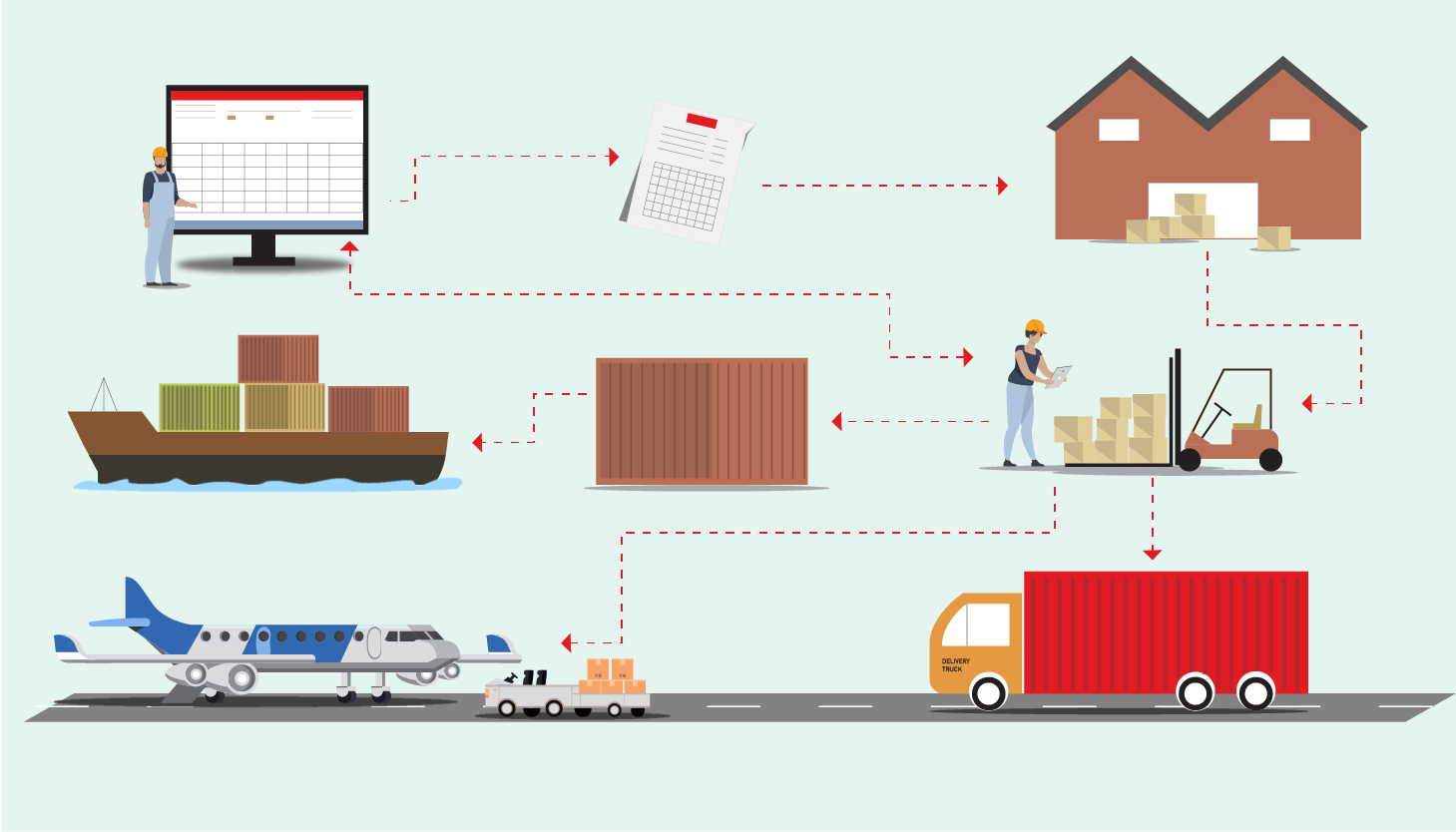How Big a Risk do Spreadsheets Pose to Your Business?

Despite advancements in Accounting Software globally, 81% of businesses are still stuck in spreadsheet hell, according to Forrester Research. Spreadsheets have their advantages – they are widely available, easy to use, and do not require any specialised training – but they can kill productivity.
Spreadsheet usage can be disastrous
A 2008 analysis suggests that close to 90% of spreadsheet documents contain errors. Ray Panko, a Professor of IT Management at the University of Hawaii, stated that, “Spreadsheets, even after careful development, contain errors in 1% or more of all formula cells. In large spreadsheets with thousands of formulas, there will be dozens of undetected errors.”
Take the 2012 London Olympics, for example: in a massively embarrassing situation, the organising committee sold 20,000 tickets for Synchronised Swimming. This was attributed to a single mistyped digit; in reality, only 10,000 tickets were available.
Spreadsheet errors also led to the 2012 “London Whale” incident. While working on a Value at Risk model, an employee copy and pasted data, along with its embedded errors, from one spreadsheet to another, costing JP Morgan over $6.2 billion.
Even a single mistake – no matter how small – on a spreadsheet can cost a company money, time and its reputation. So, how might spreadsheets be sabotaging your organisation from the inside out? Let’s have a look.
1. Susceptible to Human Errors
To err is human, but when it comes to a company’s finances, errors are unforgivable. Companies cannot afford to rely on an outdated tool that is replete with deficiencies, as spreadsheets are. Yes, spreadsheets make inputting data easy – but they make it just as easy to input incorrect data. Spreadsheets hold your employees back from maximizing their productivity; how much time is really spent on quality control of spreadsheets, double-checking and correcting data across thousands of cells?
2. Difficult to Troubleshoot
Spreadsheets are designed to provide users with two-dimensional data. The more data volume grows, the more cumbersome it becomes, making it difficult to keep track of changes. Errors can be mitigated through regular checking and troubleshooting, but with spreadsheets, troubleshooting is not an option. Spreadsheets contain interrelated data spread across sheets, folders, systems and more, making it nearly impossible to bring them under a single table. Even if you specify the locations of every related file, tracing the logic of formulas from one related cell to another can be incredibly time-consuming, which is especially problematic. This inability can affect key business decisions made on the basis of this obtained data.
The current ever-changing business environment requires an agile tool that can keep up with the times; unfortunately, spreadsheets are not the solution.
3. Lack of Collaboration
The creation of comprehensive reports (through planning, budgeting, etc.) requires interdepartmental collaboration, which is difficult when team members are based in different locations. Sending updated reports via email can lead to unnecessary confusion and can lead to an erroneous filing. Spreadsheets also make it hard to keep track of the myriad changes or updates, and these inconsistencies can cause the wrong file version to be uploaded.
4. Hard to Consolidate
Spreadsheets are great when it comes to simple data entry work, but they fail at report generation— a collaborative process where data is collected from various files and folders located in separate locations. Collecting data, summarising it and consolidating it to form a single report is both complicated and inconvenient on Spreadsheets. Throughout the data consolidation process, data is subjected to numerous error-prone activities, such as copy-pasting, cell entry, etc.
As mentioned above, history has been a witness to huge corporations failing because of a single spreadsheet error – don’t allow your organisation to suffer the same.
5. Security Risks
Spreadsheets are commonly shared between individuals to update data. However, unprotected data can be subjected to fraud and, in extreme cases, land in the hands of your competitors. Without inbuilt tracking, it becomes difficult to find out who wrote the data, the changes, and their reasons behind it. Even password protected spreadsheets can be tampered with, with the help of a third-party software or simply multiple user access to a file. Spreadsheets expose businesses to a potential data breach.
Spreadsheets are not intuitively built to support the average business user – each user personalises spreadsheets to suit their business needs, forcing the next user to start from scratch. Additionally, Spreadsheets are generally used by non-IT personnel who may not be familiar with the best practices of storage and backup. Hence, in the case of a major disaster, it becomes almost impossible to recover data. Companies should invest in software that eliminates the use of spreadsheets, streamlines processes, increases sales, reduces costs and identifies potential opportunities.
FACT ERP.NG: Zero Manual Work, Spreadsheet-Free Life
FACT ERP.NG reduces duplication, processes transactions in real-time and updates reports instantaneously— so that leaders can respond quickly and confidently in a rapidly changing business environment. Instead of dull spreadsheets, businesses can make use of unparalleled graphic reports, rationalisation capabilities, greater data security, and unlimited user access. FACT ERP.NG is a comprehensive solution with integrated modules for Financial Accounting, Tax Compliance, Warehousing and Inventory Management, Manufacturing, Fixed Assets Management, and Audit Management features.
With FACT, businesses can go live in just 29 days. FACT ERP.NG empowers your business to meet the diverse requirements and equip your various departments with greater mobility.
Invest in a Spreadsheet-Free Life; contact our ERP consultants today – book a demo here.










